
Has your dentist in Dubai, UAE talked about dental plaque? Here’s everything you need to know about what dental plaque is as well as how to get rid of it.
Did you know that your mouth is home to around 700 different species of bacteria? These tiny guests play a huge role in your oral health, whether you’re aware of it or not!
If you’ve ever forgotten to brush your teeth in the morning, you might have noticed a strange substance on the surface of your teeth. This fuzzy or gritty gunk, formally known as “dental plaque,” is actually the result of certain types of bacteria thriving in your mouth!
How does this buildup happen, and what can you do to get rid of it? Before you rush off to a dentist in Dubai or anywhere in the UAE, here’s what you should know.
What Is Dental Plaque?
Dental plaque, also called “dental biofilm” or “tooth plaque,” is a soft and sticky film that builds up on your teeth over time. It’s often clear or colorless, though it can also appear pale yellow in some cases.
This biofilm builds up throughout the day as you go about your normal activities, even if you’re taking great care of your teeth with regular brushing and flossing. Plaque accumulates because the bacteria in our mouth combines with saliva, the byproducts of our foods and drinks, and other organic matter such as dead cells.
Over time, plaque will coat the surface of your teeth, and it can even penetrate beneath your gum line. It will also adhere to any dental work placed in your mouth, such as fillings or veneers.
What Happens If I Don’t Remove Dental Plaque?
If you leave this sticky biofilm on your teeth, the bacteria can cause harm to your tooth enamel. Because tooth enamel is what protects the sensitive insides of our teeth, this can be a major concern!
In as little as 24 hours, dental plaque left on the surface of the teeth can turn into a buildup of tartar. Tartar, or “dental calculus,” is a harder material that can be more difficult to remove. Unlike the softer biofilm of plaque, tartar can bond with your tooth enamel, which means that you’ll need a dental professional to remove it for you.
Because the bacteria in plaque and tartar can damage your teeth over time, leaving them untreated can result in frustrating conditions like gum disease, which is a type of bacterial infection. If the teeth grow weak enough that bacteria penetrates your protective enamel, you may also wind up with a cavity.




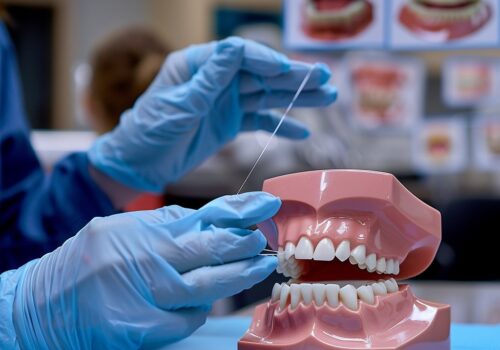
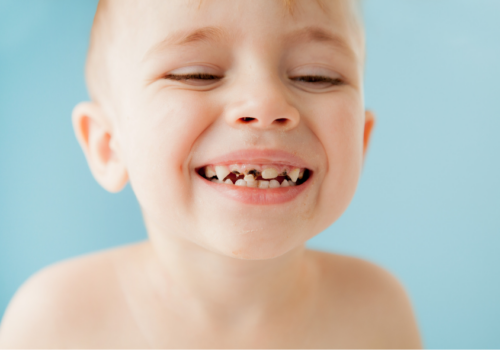

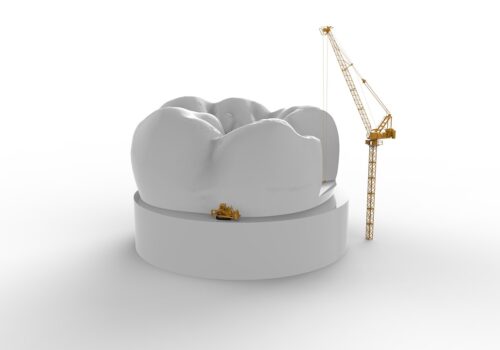
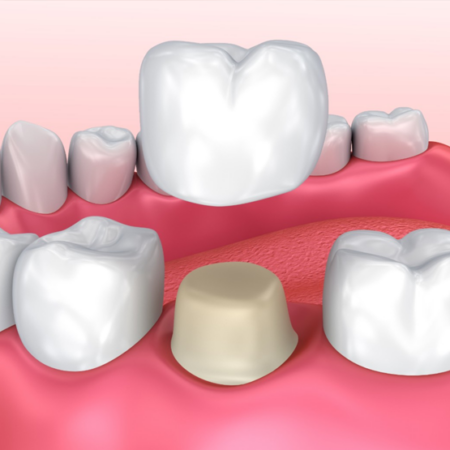
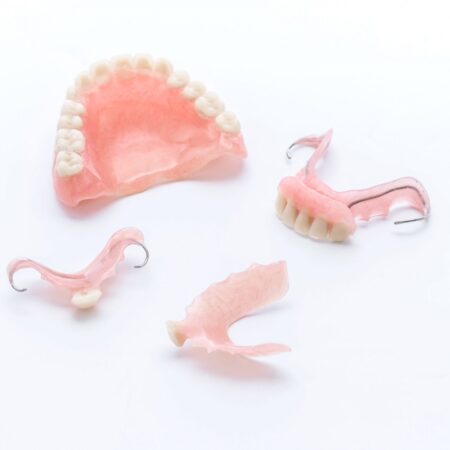
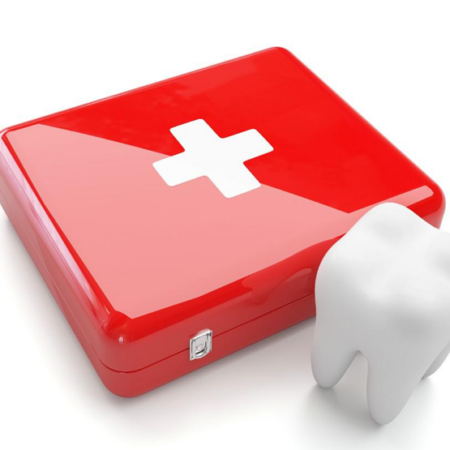
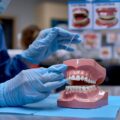


Leave a Reply